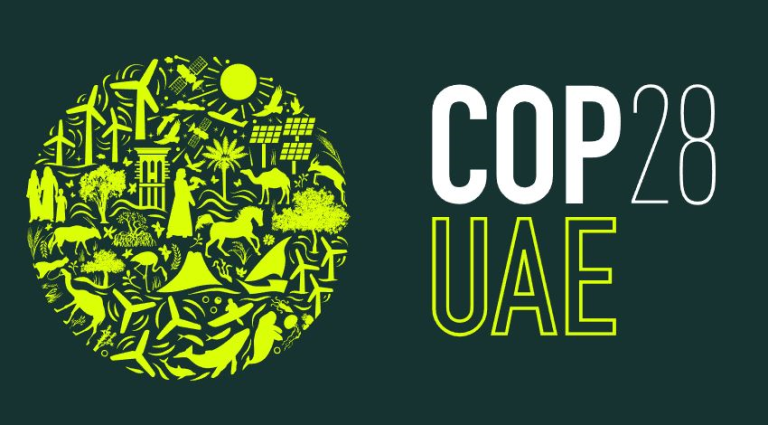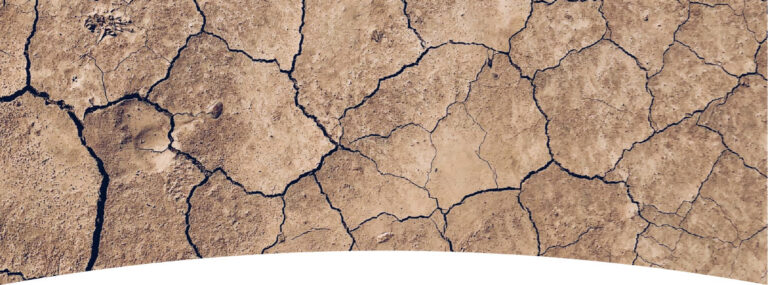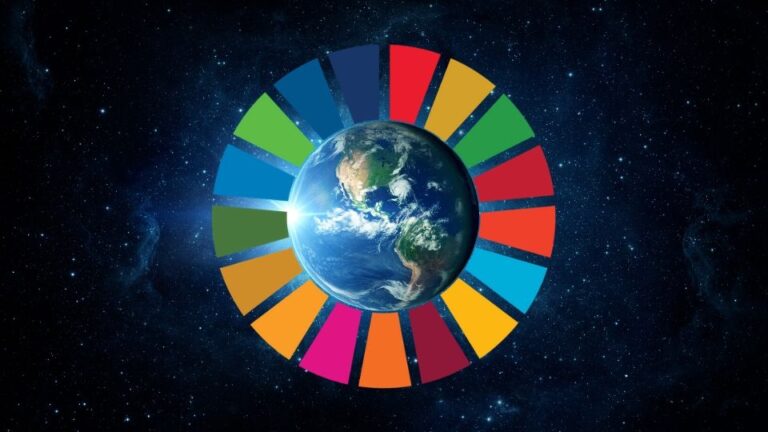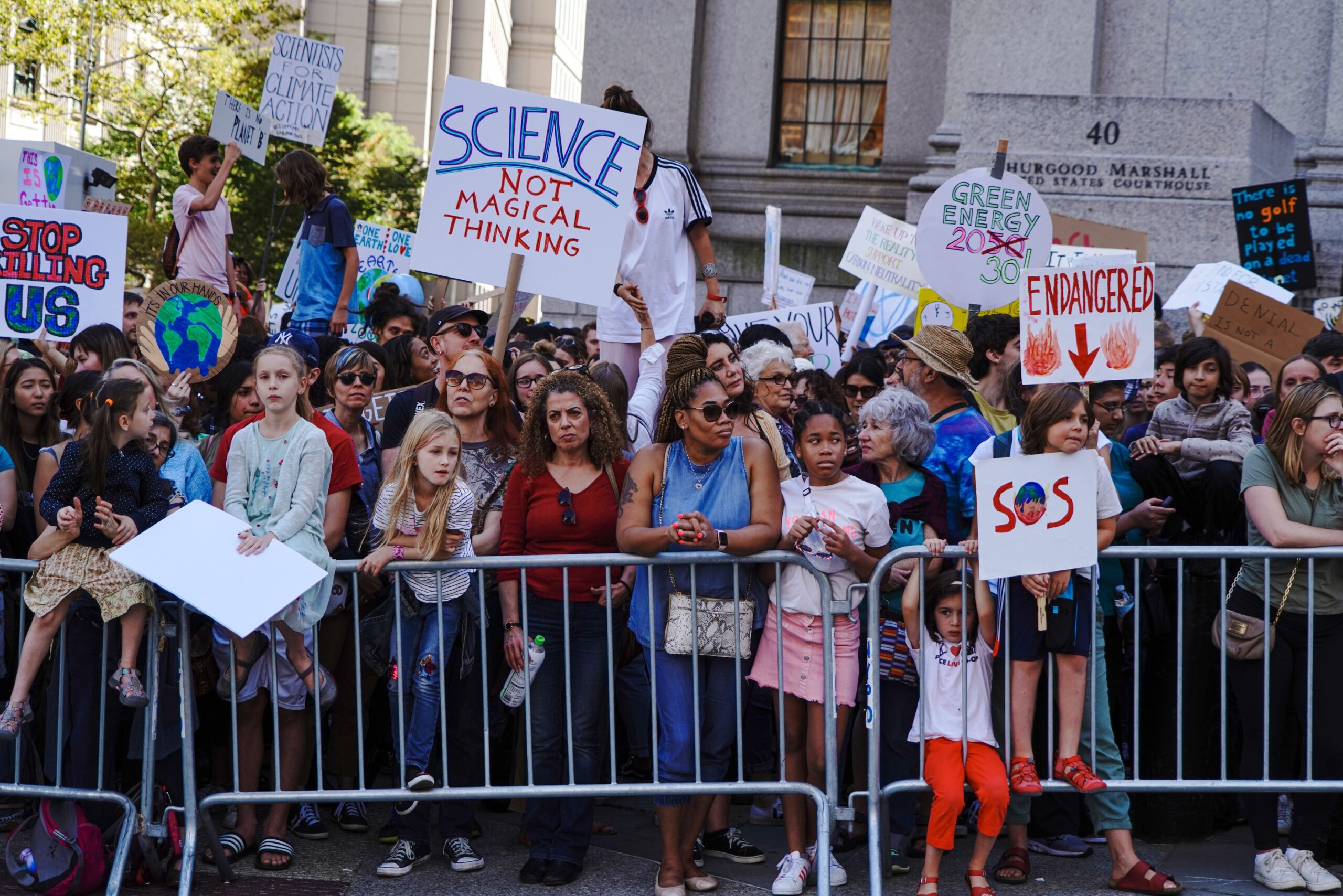
Climate Anxiety: Fear of the Future
Online searches for “climate anxiety” have risen, and a recent study suggests people are not having children due to fears of climate breakdown. With wildfires, floods and heatwaves on the news, it’s apparent how climate change affects the planet, but it’s important to reflect on how it also impacts our mental health.
What is climate anxiety?
In 2021, Google searches for “climate anxiety” soared by 565% and a recent report by the BBC found a similar rise in searches for “eco-anxiety”. The use of these terms is becoming more and more frequent, but what exactly do these words mean?
Climate anxiety is described as feelings of distress about climate change and its ongoing impacts upon the landscape and human existence.
There are other terms used, such as ecoanxiety, which is defined by the American Psychological Association as a ‘chronic fear of environmental doom’ and appears to particularly affect young people. A 2020 survey of child psychiatrists in England revealed that more than 57% of young people reported distress about the climate crisis and the state of the environment.
Ecological grief has been identified as the sadness people experience due to losing parts of their natural environment and way of life due to climate change. A 2018 paper found that those most at risk of ecological grief are communities who already have a close working or living relationship with their natural environment, and possess a cultural, familial, or religious attachment to the land. Ecological grief will most severely impact already vulnerable indigenous or rural communities.
With the increasing rate of extreme weather events putting people in danger, such as wildfires forcing people to flee their homes, this can cause climate trauma. A 2021 study by the University of California-San Diego found that survivors of the Camp Fire wildfire had rates of PTSD on par with war veterans, increasing their risk for depression and anxiety.
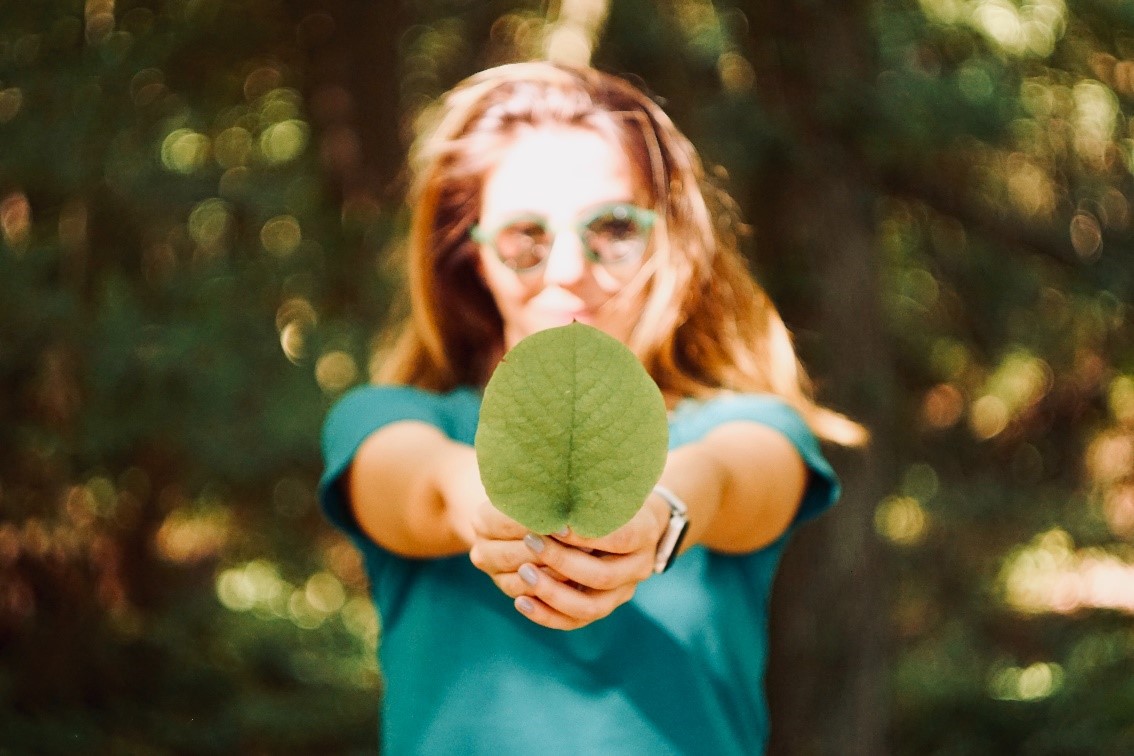
The global nature of climate change will mean it affects us all and weighs on everyone’s thoughts at some point. It’s only natural for many of us to start to feel fearful or worried about what the future will hold, and for many this may affect their decision-making in important life choices.
Climate Anxiety – a reason not to have kids?
A new study suggests people are not having children due to fears of climate breakdown, you can read our letter to The Guardian addressing it here.
The study identifies changes in childbearing patterns, most noticeably in the Global North, which has seen a greater proportion of adults now choosing to remain voluntarily ‘childfree’. The term ‘childfree’ is distinct from ‘childless’, where the former refers to an ability to have children but a distinct choice not to have a child, whilst ‘childless’ encompasses those who would desire or want to have children but have been unable to do so for medical or personal reasons. The study identifies a group within those who identify as ‘childfree’ as those who are ‘environmentally childfree’, defined as “not having children or resisting reproduction… out of environmental concerns”.
The study refers to a 2018 New York Times survey which found that out of ‘childfree’ men and women aged 20-45, 33% of participants selected the response ‘worried about climate change’ as a reason for choosing not to have children.
The study concluded that stronger environmental concerns are often associated with a diminished desire or intention to have children.
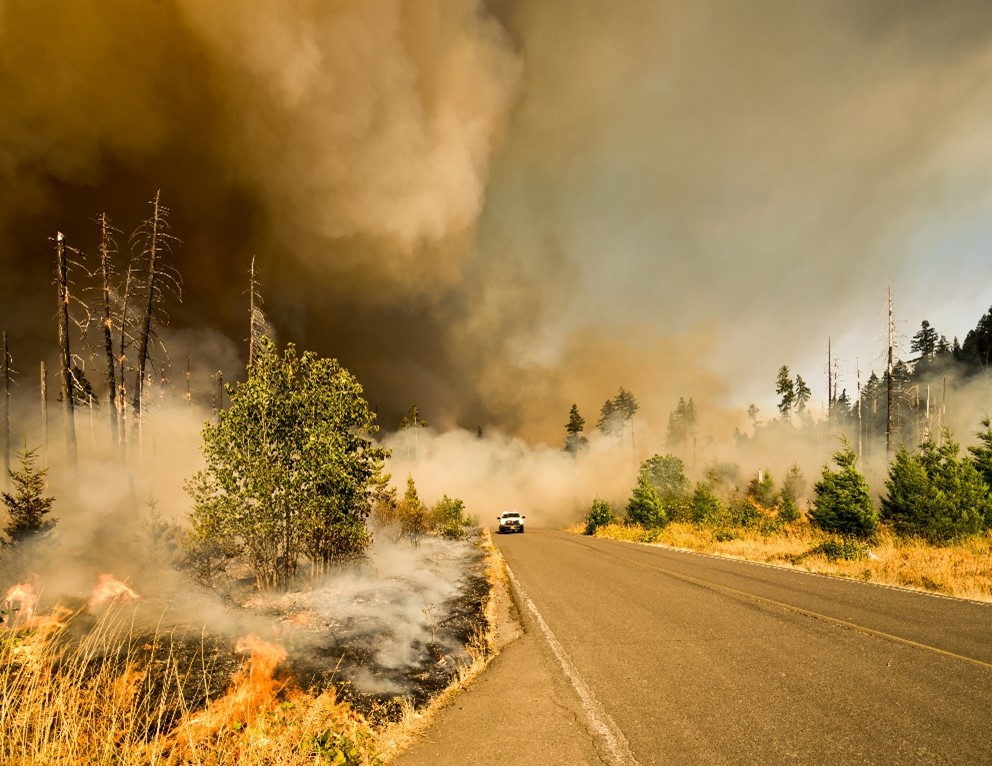
The choice of whether to have a child is a deeply personal one, and for many an undeniable desire, which is why at Population Matters we campaign for smaller families as well as for those who choose to be childfree. And it’s certainly a tragedy that so many people are anxious to have a child for fear of the future that child might be brought into given the challenges the world faces with the existential threat of climate change.
It’s important to emphasise the decision to have a small family or be childfree doesn’t have to be drawn from fear – instead, it should be promoted as an empowering environmental choice.
Evidence suggests that our increasing numbers only exacerbate the environmental crises the world is currently facing. The IPCC has identified population growth as one of the strongest drivers (alongside per capita GDP) of carbon emissions.
In addition, the IPBES has identified human population growth as an indirect driver of nature loss, resulting in the destruction of wildlife habitats and the collapse of healthy ecosystems. You can read more about how the impact of population growth is threatening species with extinction in our Vanishing Icons report here.
To help alleviate climate anxiety, it’s important to promote the multiple solutions out there to tackle the climate crisis, one of which is ending population growth. Promoting the idea that having a smaller family or being childfree is a positive environmental action, instead of a “selfish” choice or one brought on by fear of the future climate, ensures people can feel in charge of their own future.
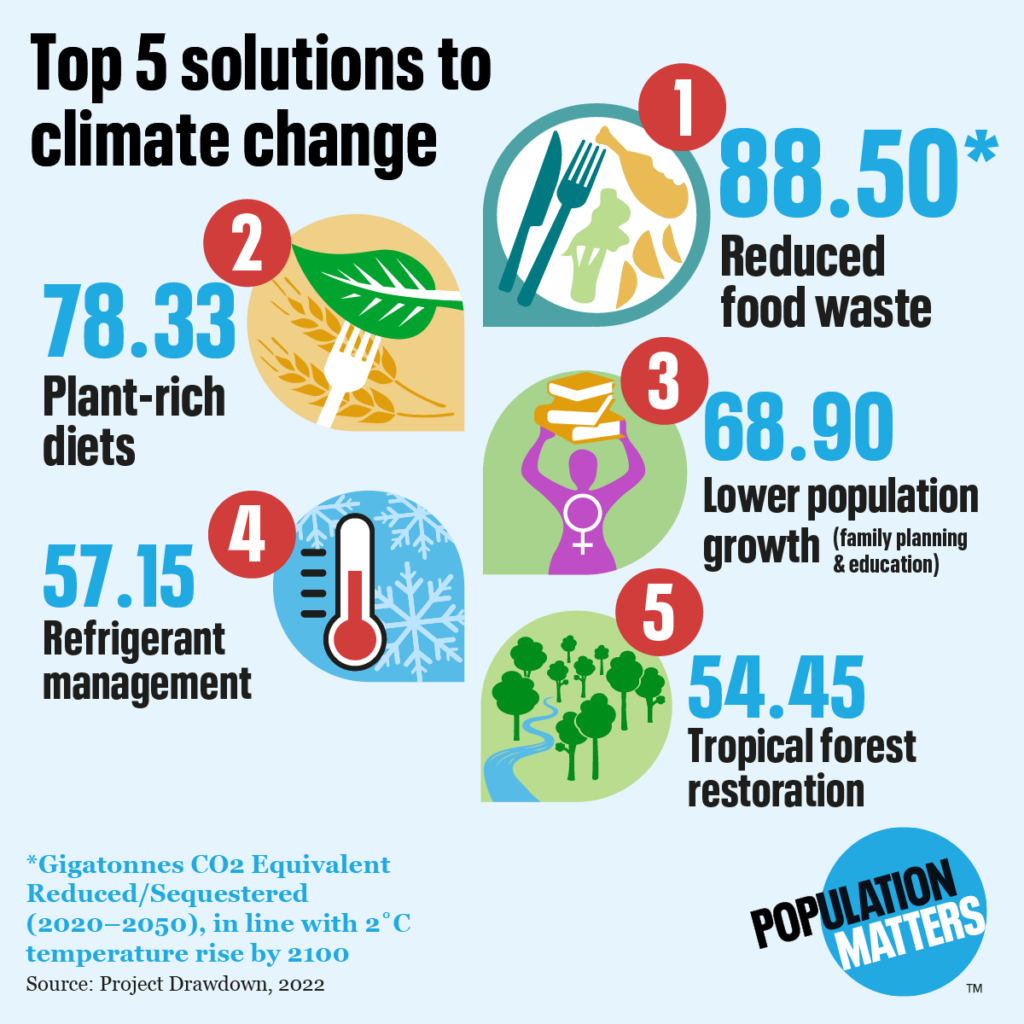
Indeed, others have channelled their climate grief into positive action, such as writer Darryl Whetter who volunteered for a vasectomy to do his part to reduce population pressure on the planet.
Solutions to Climate Anxiety
Last year, a Yale research paper concluded that the most effective buffer against climate anxiety, particularly amongst young adults, is to take collective action. The study found that anxiety about climate change was linked to symptoms of depression only in those who were not engaged in group activities to address global warming.
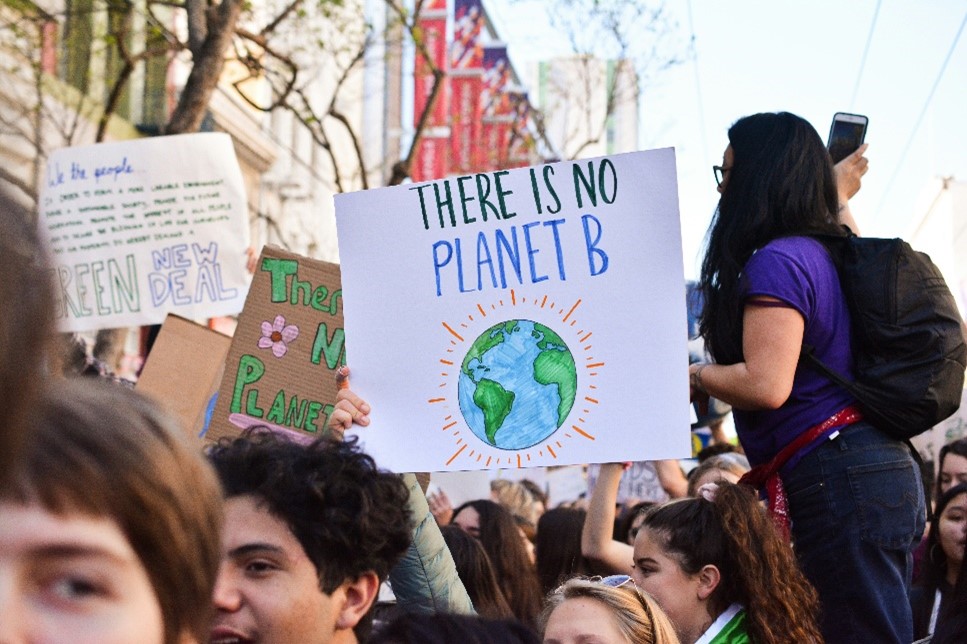
The climate crisis is complex and won’t be solved immediately, rather it will take decades to mitigate the impact of excess carbon emissions on the climate. And for many of us, our fears and anxieties of the climate crisis won’t just be solved by choosing to have a smaller family or choosing to be childfree. Therefore, it’s important to assess what other actions one can take to help achieve a more sustainable lifestyle to reduce your environmental impact:
- You can choose to eat less meat.
- Or reduce the volume of single-use plastics you buy and instead reuse or repair the goods you already own.
- Create a wildlife patch in your garden, by letting the grass grow long with weeds.
- Participate in local initiatives, writing to your representatives and encouraging them to take stronger action on environmental policy.
And remember it’s perfectly normal to feel anxious or saddened about the impacts of climate change, but an effective means to address these feelings is to reach out and talk to others around you or take action to make your life greener.

